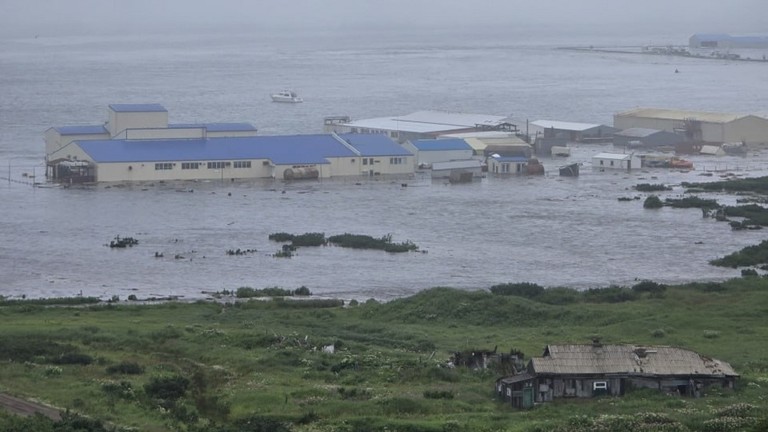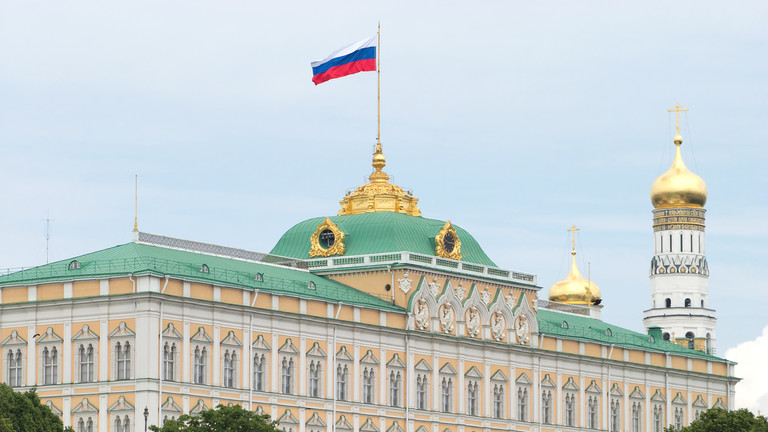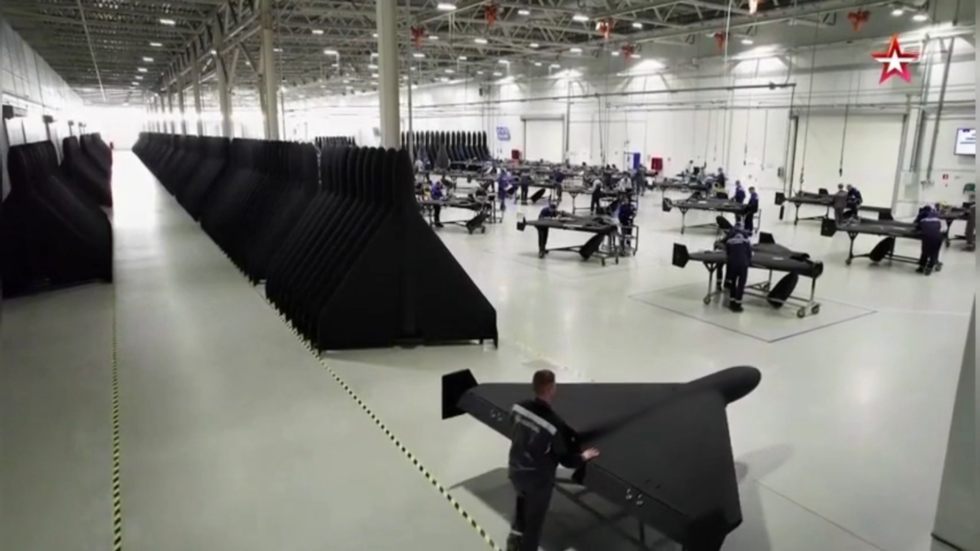Dmitry Trenin - World War III has already begun
©Getty Images/Getty Images
Many now speak of humanity’s drift towards World War III, imagining events similar to those of the 20th century. But war evolves. It will not begin with a June 1941 Barbarossa-style invasion or a Cuban Missile Crisis-style nuclear standoff. In fact, the new world war is already underway – it’s just that not everyone has recognized it yet.
For Russia, the pre-war period ended in 2014. For China, it was 2017. For Iran, 2023. Since then, war – in its modern, diffuse form – has intensified. This is not a new Cold War. Since 2022, the West’s campaign against Russia has grown more decisive. The risk of direct nuclear confrontation with NATO over the Ukraine conflict is rising. Donald Trump’s return to the White House created a temporary window in which such a clash could be avoided, but by mid-2025, hawks in the US and Western Europe had pushed us dangerously close again.
This war involves the world’s leading powers: the United States and its allies on one side, China and Russia on the other. It is global, not because of its scale, but because of the stakes: the future balance of power. The West sees the rise of China and the resurgence of Russia as existential threats. Its counteroffensive, economic and ideological, is meant to put a halt to that shift.
It is a war of survival for the West, not just geopolitically but ideologically. Western globalism – whether economic, political, or cultural – cannot tolerate alternative civilizational models. Post-national elites in the US and Western Europe are committed to preserving their dominance. A diversity of worldviews, civilizational autonomy, and national sovereignty are seen not as options, but as threats.
This explains the severity of the West’s response. When Joe Biden told Brazil’s President Lula that he wanted to “destroy” Russia, he revealed the truth behind euphemisms like “strategic defeat.” Western-backed Israel has shown how total this doctrine is – first in Gaza, then Lebanon, and finally Iran. In early June, a similar strategy was used in attacks on Russian airfields. Reports suggest US and British involvement in both cases. To Western planners, Russia, Iran, China and North Korea are part of a single axis. That belief shapes military planning.
Compromise is no longer part of the game. What we’re seeing are not temporary crises but rolling conflicts. Eastern Europe and the Middle East are the two current flashpoints. A third has long been identified: East Asia, particularly Taiwan. Russia is directly engaged in Ukraine, holds stakes in the Middle East, and may become involved in the Pacific.
The war is no longer about occupation, but destabilization. The new strategy focuses on sowing internal disorder: economic sabotage, social unrest, and psychological attrition. The West’s plan for Russia is not defeat on the battlefield, but gradual internal collapse.
Its tactics are all-encompassing. Drone strikes target infrastructure and nuclear facilities. Political assassinations are no longer off-limits. Journalists, negotiators, scientists, and even their families are being hunted. Residential neighborhoods, schools, and hospitals are not collateral damage – they are targets. This is total war.
This is underpinned by dehumanization. Russians are portrayed not just as enemies but as subhuman. Western societies are manipulated to accept this. Information control, censorship, and historical revisionism are used to justify the war. Those who question the dominant narrative are labelled traitors.
Meanwhile, the West exploits the more open systems of its adversaries. After refusing to interfere in foreign politics for decades, Russia now finds itself on the defensive. But those days must end. As our enemies coordinate their attacks, we must disrupt their unity. The European Union is not a monolith. Hungary, Slovakia, and much of southern Europe are not eager for escalation. These internal fractures must be widened.
Western strength lies in unity among its elites and their ideological control over their populations. But this unity is not invulnerable. The Trump administration presents tactical opportunities. His return has already reduced US involvement in Ukraine. Yet Trumpism should not be romanticized. The American elite remains largely hostile to Russia. There will be no new détente.
The war in Ukraine is becoming a war between Western Europe and Russia. British and French missiles already strike Russian targets. NATO intelligence is embedded in Ukrainian operations. EU countries are training Ukrainian forces and planning attacks together. Ukraine is just a tool. Brussels is preparing for a wider war.
What we must ask is: Is Western Europe preparing to defend or attack? Many of its leaders have lost their strategic judgment. But the hostility is real. The goal is no longer containment, but to “solve the Russian question” once and for all. Any illusion that business as usual will return must be discarded.
We are in for a long war. It will not end like in 1945, nor settle into Cold War coexistence. The decades ahead will be turbulent. Russia must fight for its rightful place in a new world order.
So, what must we do?
First of all, we must strengthen our home front. We need mobilization, but not the rigid models of the Soviet past. We need smart, adaptive mobilization across all sectors – economic, technological, and demographic. Russia’s political leadership is a strategic asset. It must remain steady and visionary.
We must promote internal unity, social justice, and patriotism. Every citizen must feel the stakes. We must align our fiscal, industrial, and technological policy with the realities of a long-term war. Fertility policy and migration control must reverse our demographic decline.
Secondly, we must consolidate our external alliances. Belarus is a strong ally in the west. North Korea has shown reliability in the east. But we lack a similar partner in the south. This gap must be addressed.
The Israel-Iran war offers important lessons. Our adversaries coordinate tightly. We must do the same. Not by copying NATO, but by forging our own model of strategic cooperation.
We should also pursue tactical engagement with the Trump administration. If it allows us to weaken the US war effort in Europe, we should exploit it. But we must not confuse tactics with strategy. American foreign policy remains fundamentally adversarial.
Fellow European powers like Britain, France, and Germany must be made to understand they are vulnerable. Their capitals are not immune. The same message should reach Finland, Poland, and the Baltics. Provocations must be met swiftly and decisively.
If escalation is inevitable, we must consider pre-emptive action – firstly with conventional arms. And if necessary, we must be ready to use ‘special means’, including nuclear weapons, with full awareness of the consequences. Deterrence must be both passive and active.
Our mistake in Ukraine was waiting too long. Delay created the illusion of weakness. That must not be repeated. Victory means breaking the enemy’s plans, not occupying territory.
Finally, we must penetrate the West’s information shield. The battlefield now includes narratives, alliances, and public opinion. Russia must once again learn to engage in others’ domestic politics, not as an aggressor, but as a defender of truth.
The time for illusions is over. We are in a world war. The only path forward is through bold, strategic action.









